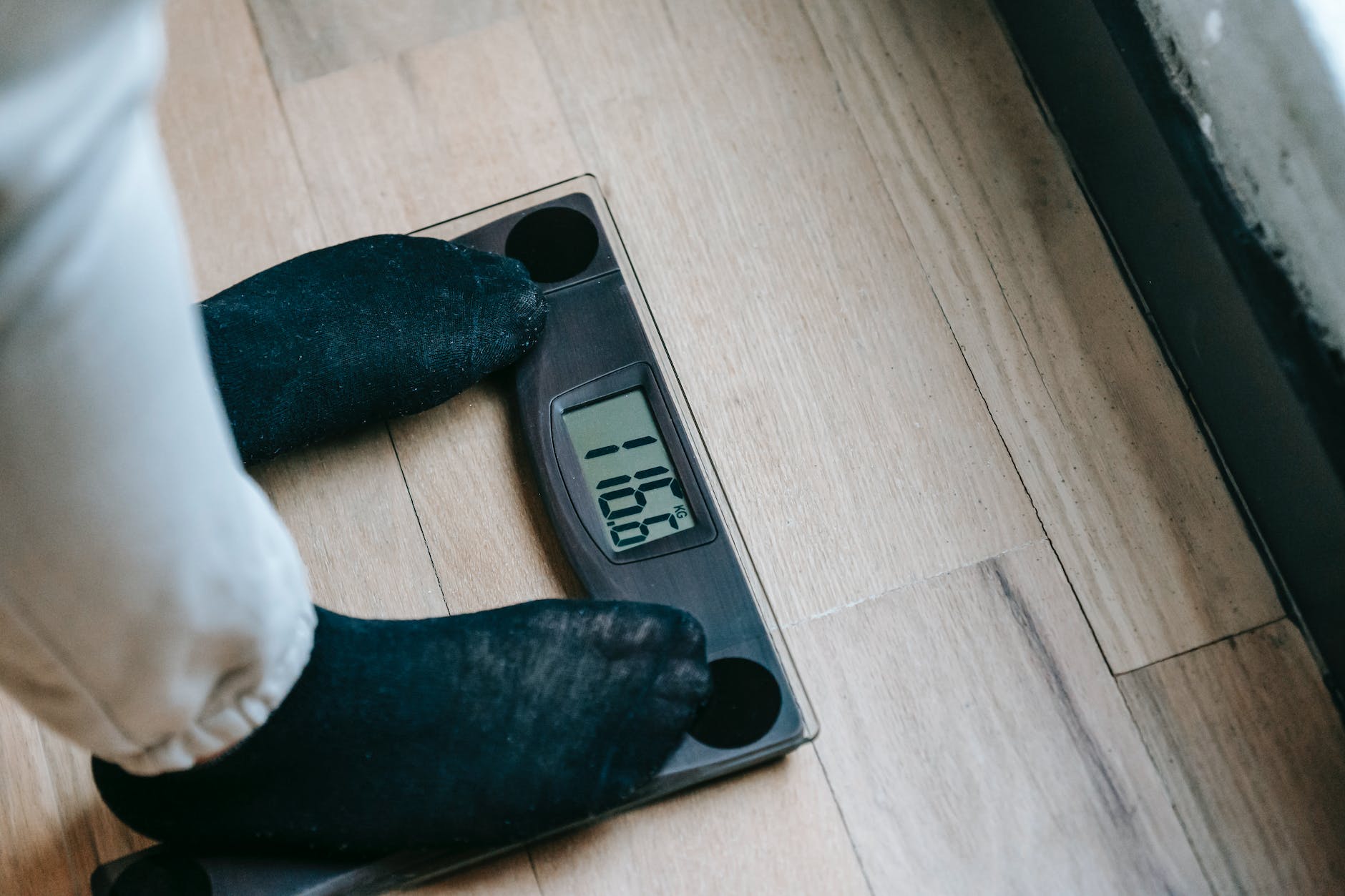Simple Lifestyle Changes for Better Blood Sugar Control


Simple Lifestyle Changes for Better Blood Sugar Control
Introduction
Welcome to our comprehensive guide on simple lifestyle changes for better blood sugar control. If you or someone you know is dealing with diabetes or struggles to manage blood sugar levels, this article is here to help. We understand the importance of maintaining stable blood sugar levels, and we're committed to providing you with effective strategies to achieve that goal. By making these simple lifestyle changes, you can take control of your health and improve your overall well-being. https://diabetescure4u.com/
Understanding Blood Sugar Control
Before we dive into the lifestyle changes, let's take a moment to understand the basics of blood sugar control. Blood sugar, also known as glucose, is a vital source of energy for our bodies. However, consistently high blood sugar levels can lead to serious health complications, especially for individuals with diabetes.
To maintain optimal blood sugar levels, it's crucial to strike a balance between diet, physical activity, medication (if prescribed), and overall lifestyle choices. By adopting the right habits and making informed choices, you can positively impact your blood sugar levels and reduce the risk of complications.
Lifestyle Changes for Better Blood Sugar Control
1. Balanced Diet
A balanced diet forms the foundation for better blood sugar control. Focus on consuming nutrient-dense foods that are low in added sugars and refined carbohydrates. Include a variety of fresh fruits, vegetables, lean proteins, whole grains, and healthy fats in your meals.
To manage blood sugar levels effectively, consider the following dietary recommendations:
- Portion Control: Pay attention to portion sizes and avoid overeating.
- Carbohydrate Awareness: Monitor your carbohydrate intake and choose complex carbohydrates over simple sugars.
- Glycemic Index: Opt for foods with a low glycemic index to prevent rapid spikes in blood sugar levels.
- Fiber-Rich Foods: Include high-fiber foods like legumes, whole grains, and vegetables to promote better blood sugar control.
2. Regular Physical Activity
Engaging in regular physical activity offers numerous benefits, including improved blood sugar control. Exercise helps your body utilize glucose effectively and increases insulin sensitivity. Aim for at least 150 minutes of moderate aerobic activity per week, along with strength training exercises.
Consider incorporating the following activities into your routine:
- Brisk Walking: Take regular walks around your neighborhood or nearby park.
- Swimming: Enjoy a refreshing swim or join water aerobics classes.
- Cycling: Go for a bike ride or use a stationary bike for indoor workouts.
- Strength Training: Include resistance exercises using weights or resistance bands to build muscle and enhance insulin sensitivity.
3. Stress Management
Chronic stress can have a detrimental impact on blood sugar levels. Learning effective stress management techniques can help you maintain better control over your blood sugar. Explore the following stress reduction methods:
- Meditation and Deep Breathing: Practice mindfulness and deep breathing exercises to promote relaxation and reduce stress.
- Yoga or Tai Chi: Engage in gentle, low-impact exercises that combine physical movement and mindfulness.
- Hobby Pursuits: Dedicate time to activities you enjoy, such as painting, gardening, or playing a musical instrument.
- Social Support: Seek support from friends, family, or support groups to help manage stress.
4. Quality Sleep
Adequate sleep plays a vital role in maintaining overall health, including blood sugar control. Lack of sleep can disrupt hormonal balance and negatively impact insulin sensitivity. Aim for 7-8 hours of quality sleep each night to support optimal blood sugar levels.
To improve sleep quality:
- Maintain a Consistent Sleep Schedule: Establish a regular sleep routine and stick to it.
- Create a Restful Environment: Ensure your sleep environment is comfortable, quiet, and free from distractions.
- Limit Screen Time: Avoid electronic devices close to bedtime, as the blue light can interfere with sleep patterns.
5. Regular Monitoring and Medication
For individuals with diabetes, regular monitoring of blood sugar levels and adhering to prescribed medication is crucial. Consult with your healthcare provider to develop an effective monitoring plan and discuss any necessary medications.
Monitor your blood sugar levels as recommended, and take medications as prescribed by your healthcare professional. Regular monitoring allows you to track patterns, make necessary adjustments, and maintain better control over your blood sugar levels.
Conclusion
In conclusion, adopting simple lifestyle changes can significantly contribute to better blood sugar control. By implementing a balanced diet, engaging in regular physical activity, managing stress, prioritizing quality sleep, and monitoring blood sugar levels, you can improve your overall health and well-being. Remember, these changes are most effective when practiced consistently over time.
Take charge of your health and start implementing these lifestyle changes today. Your journey towards better blood sugar control begins with small, manageable steps


